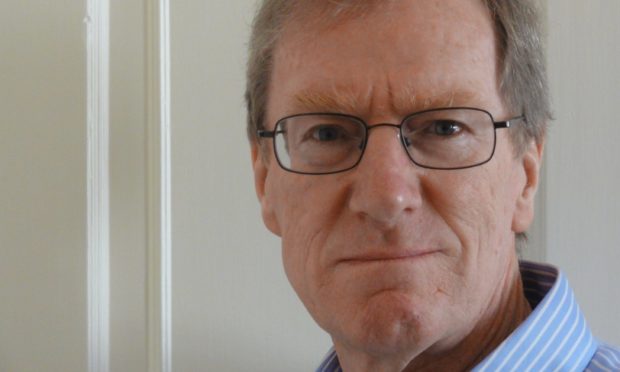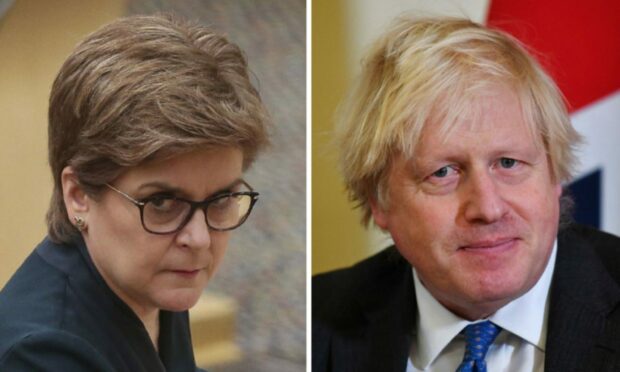Nicola Sturgeon’s plan to hold a “legal” independence referendum next year is “political manoeuvring” and does not take Scotland “beyond what we already know”, according to a leading constitutional expert.
Professor Michael Keating said a consultative referendum “doesn’t mean very much” without the UK Government saying it would respect the result as was the case in 2014.
Ms Sturgeon signalled a long legal battle ahead on Tuesday by confirming the process will be referred to the Supreme Court by Scotland’s Lord Advocate, the country’s top law officer.
If she is denied legal powers to hold the vote in October next year then the SNP leader has pledged to turn the next general election into a ‘de facto’ referendum.
‘Political will is simply not there’
Prof Keating, of the Centre on Constitutional Change, said this would be “just be a political gesture”.
He told us: “The only new element is the Supreme Court will rule on whether a consultative referendum is legal but that’s not the critical question.
“The critical question is whether the UK Government is going to play.
“The legalities can be dealt with but the political will is simply not there.”
In a letter to Boris Johnson, the SNP leader said she is still willing to negotiate a legal agreement, known as a section 30 order, with the prime minister.
Mr Johnson continues to believe it is “not the time to be talking about” a second referendum.
A second expert, politics lecturer Dr Lynn Bennie of Aberdeen University, said turning the next UK General Election into a fight over a single question “would be unprecedented”.
She said: “I’m not sure this would be beneficial for the pro-independence cause as those who support these parties for other reasons could take umbrage.
“Having said that, we do know that the Scottish electorate has become more polarised around the constitution in recent years. This is all quite unpredictable.
“In the end, Sturgeon feels she has to set out some kind of plan, to satisfy the independence campaigners and make progress on independence, but the obstacles to what would be a regarded as a legal, widely-respected referendum which inspired high levels of participation remain enormous.”

